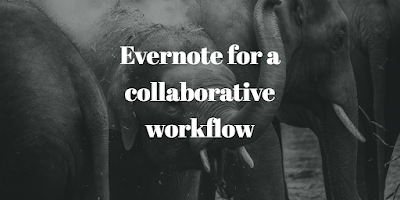
Came across this list of items to make meetings more productive. I think I've tried just about all of these at one point or another. The only one I really dislike is the standing recommendation - it just comes across as gimmicky to me. I once had a boss who consistently called people to meetings without telling them what the subject of the meeting was going to be or why he was summoning them to a meeting - that really irked me, so I especially try to avoid doing that to others. Do you have any other tips for productive meetings? 10 Productivity Hacks to Transform Every Business Meeting [Infographic] According to Salary.com's 'Wasting Time at Work' survey, 47% of people say meetings are the biggest time-waster in their day. With that outlook, it's not surprising prospects are often hesitant to commit to sales calls and meetings. Reps should pleasantly surprise their buyers by running short, efficient, and productive meetings.









